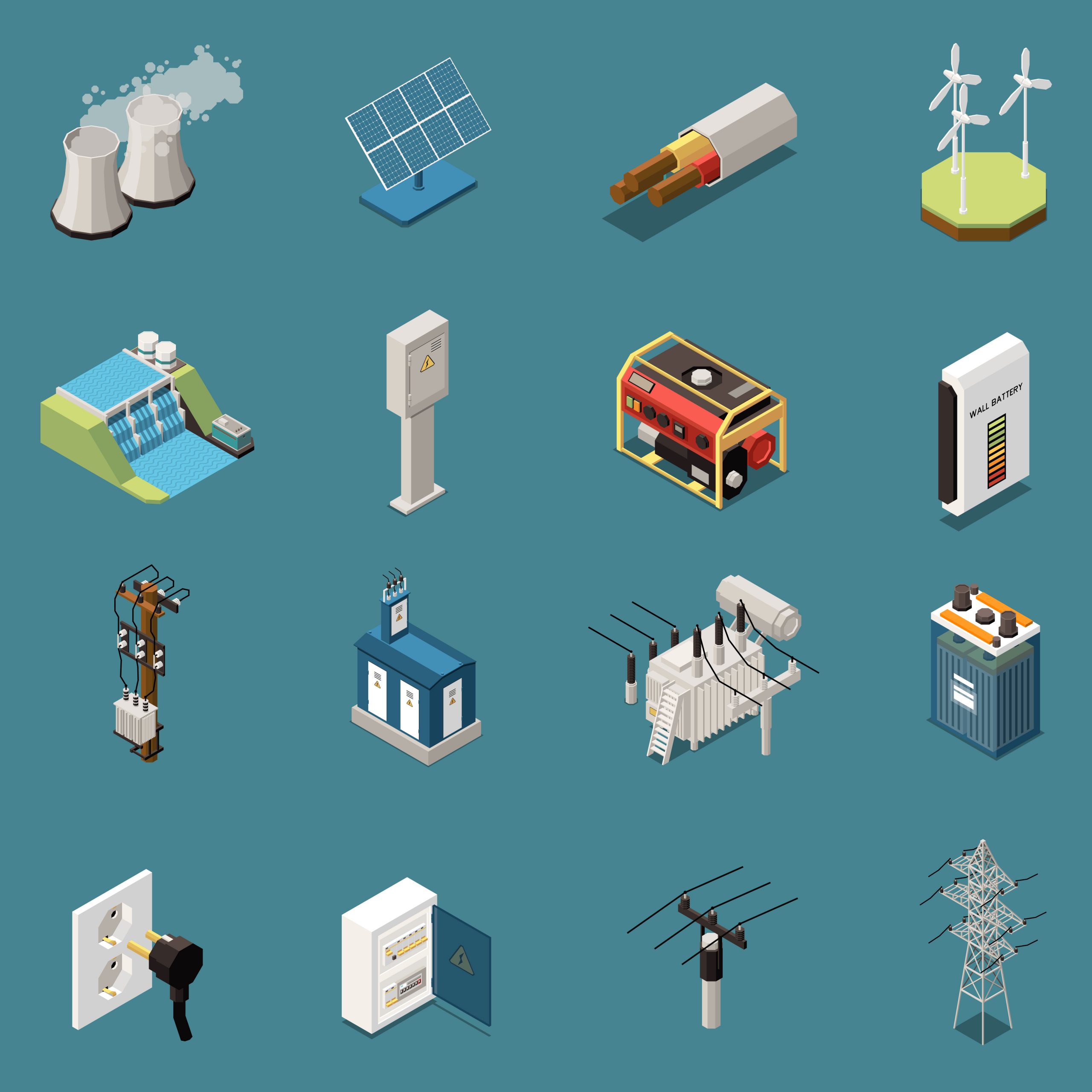What Size Portable Generator To Run A Refrigerator?
During a power outage, generators are frequently used to power refrigerators and freezers. However, it is not always simple to do so. There are frequently issues about the sort of generator to use, its size, and how it should be connected. Let us discuss these points so you can determine which is best for your situation
Sizing the Generator for your Refrigerator:
To begin, determine how much energy your refrigerator or freezer consumes. Older appliances can consume up to twice the amount of energy that a newer, more energy-efficient model of the same size requires. If the generator isn’t the right size, you’ll either wind up spending thousands more than you need to or worse, you’ll end up buying something that won’t work for you at all. Let’s start by determining the amount of generator you’ll require. Frequently, a label detailing the refrigerator’s power needs may be found inside the door. The sticker on my car looks like this:
The amount of amps (amperes) required by your appliance is what you’re looking for. 6.5 amps is the label on this one. Assuming that the appliance is plugged into a regular 120-volt wall socket, multiply the 6.5 amps by 120 volts to get the average operating watts, which in this example is 780 watts. Refrigerators and freezers, on the other hand, require an extra burst of electricity when the compressor starts up, which is often 2-3 times the usual operating watts. This indicates that the generator for this device must be at least 1,560 watts. Use Portable generator to run a refrigerator.
2. Determining Generator Type:
After that, you’ll need to figure out what kind of generator to utilize. Gasoline, propane, natural gas, diesel, or battery, which includes solar power, are examples of fuel kinds. Consider what other equipment you’ll be powering, how often you anticipate it to be used, whether you’re looking for a temporary or permanent installation, and whether you’ll be using it indoors or outside to determine which option is ideal for you. Let’s analyze the advantages and disadvantages of each.
- Gasoline
- Propane
- Natural Gas
- Diesel
- Battery Generator
Installing Fuel Powered Generators:
Finally, the generator’s installation must be addressed. The refrigerator may easily be hooked into an extension wire that runs to the outside through a window or door for portable fuel-powered versions that are fulfilling temporary purposes. Connecting the generator directly to the electrical panel is needed for a permanent installation or a crucial application. As a result, a certified electrician will be required to install a transfer switch. The generator will then supply electricity to the refrigerator’s plugged-in wall socket.
Installing Battery Generators:
The refrigerator may be plugged directly into battery-powered generators that are often housed indoors. The battery-powered generator may be placed immediately next to the appliance, avoiding the need for extension cables and expensive electrical installation. If you need to run more than one refrigerator, the battery generator may be hooked to several outlets and deliver electricity to two or three appliances at once.
Battery Powered Generator For Refrigerator
Please visit the Medi-Products Refrigerator Battery Backup page to discover an indoor generator for a refrigerator. There are also hardwire, stand-alone, and mobile systems available.






